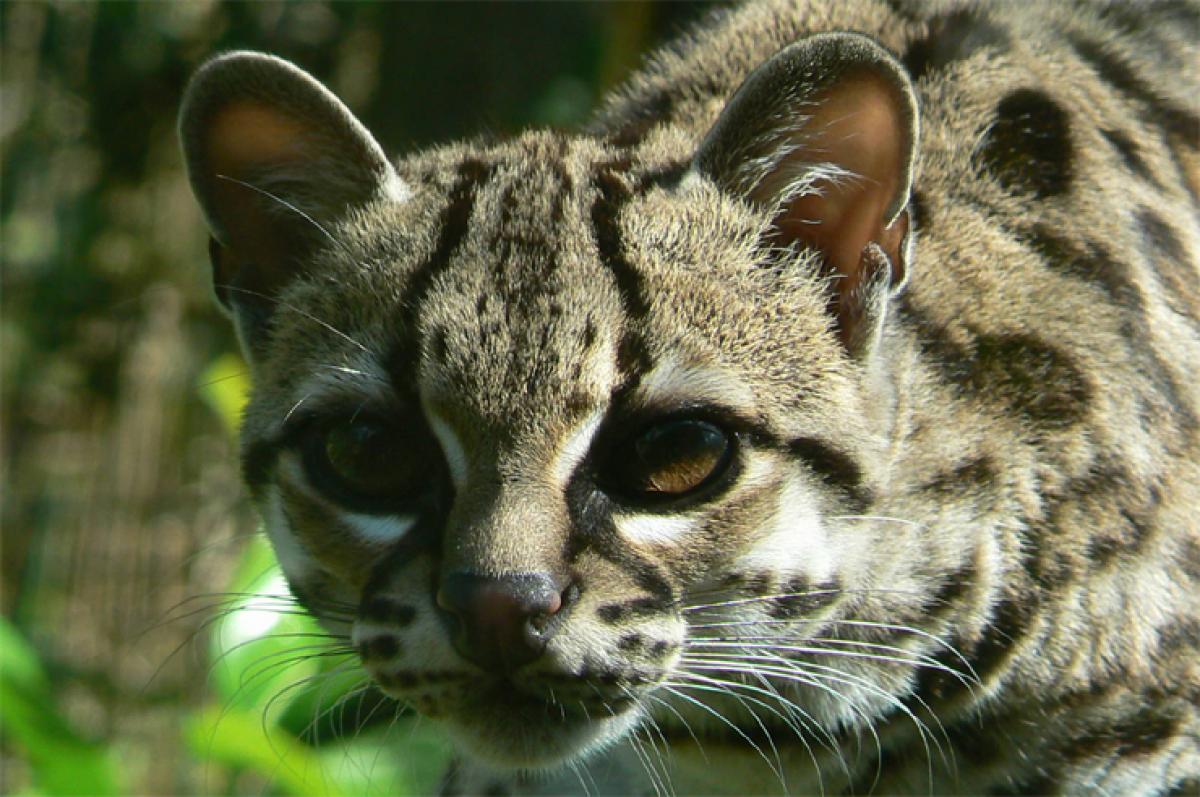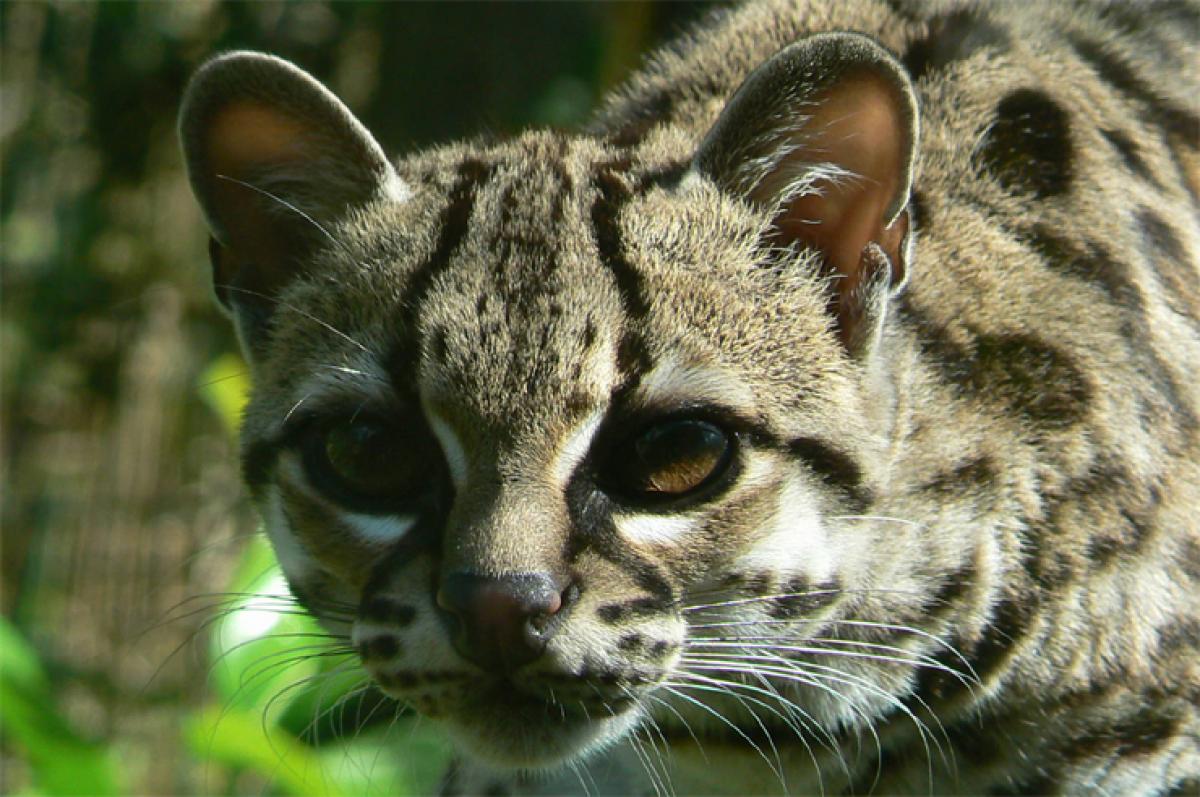Live
- Rajnath Singh Meets Chinese Defence Minister Dong Jun In Vientiane Amid Border Disengagement Developments
- Stalin Urges Jaishankar To Secure Release Of 14 Indian Fishermen Detained By Pakistan Navy
- 13-Year-Old Girl Raped By Three Men Out On Bathroom Break
- Sivaji launches lyrical song ‘Vassahi Vassahi’ from ‘Mr Idiot’
- Mohanlal and Mammootty unites after two decades
- ‘Sankranthiki Vasthunnam’ locks release date
- How Individuals Can Contribute to Environmental Conservation Efforts and Make a Difference
- Smart Logistics: Leveraging AI for Real-Time Decision Making and Route Optimization
- ‘Bachhala Malli’ set for Dec 20 release
- ‘Devaki Nandana Vasudeva’ creates buzz
Just In
They are thieves who steal identity…a HR message from Margay Cat

7 Sept 2015 5:08 PM IST

x
Highlights
Identity theft’ is a very common in human world. Mostly the people from the affluent society, the political leaders, administrators, business magnets etc are the most common victims of identity theft. Interestingly the problem of identity theft is very common in animal world also.
Identity theft’ is a very common in human world. Mostly the people from the affluent society, the political leaders, administrators, business magnets etc are the most common victims of identity theft. Interestingly the problem of identity theft is very common in animal world also.

Identity theft means someone steals the identity of others who are quite popular, in order to gain something.
The problem of identity theft exists rampantly in the animal world also. Interestingly, ‘to escape from enemies and to catch prey’, many animals use the above ‘trick’. For some animals, stealing the identity of the other animals serves an entertainment or sport value to wallow away free time.
It is reported that margay wild cat, jaguar, puma etc., do imitate the call of its prey animals to attract them. All the above animals are predators in nature. To know the prey, the best way is to mimic or imitate the call of the prey animals so that the prey animals in the vicinity would respond positively. When the prey animal responds, the predator can easily recognize their presence or whereabouts. For business gain, some predatory animals like wild cat, jaguar and puma bows down to the level of a prey by imitating their sound, cheat and then win.
Contrary to that, some moths that are the favorite food of some bats known to produce the sounds of other moths that are least liked or preferred by the bats. In response to the sound produced by the moths, the bats avoid the moth thinking it to be not its preferred food. Here, one demote oneself like the other and escape predation.
The issue of vocal imitation or vocal mimicry among lyrebird or racket tailed drongo are no way different.
In the case of parakeets, the issue of vocal imitation is done neither to attract the prey nor to escape from the predator. It is an event of entertainment, getting entertained or entertains others.
The issue is how to connect the above context to corporate situation. In most corporate, vocal mimicry is very common. A little more evolved form of vocal mimicry can be seen among corporate employees and that is ‘mimicry at the level of expression or intent’. Many people showers concern and care for others in the corporate world. What they display may not be their true identity but the stolen one. In most boss-subordinate relationship, people tend to use the trick of what the other person likes or dislike to win the game.
Whether it is the imitation of a prey or a predator, an imitation is an imitation and it is not true.
Vulnerable prey and weak predator succumbs to imitating to others. Understand whether your corporate culture support vulnerable prey or weak predator or identity thieves. All the three are equally bad, diminishing and obstructive to prosperity. Most people when they speak to boss or to other top leaders and vice versa show they have lot of concern for the organization but most of the time they may harbor wicked thoughts for the organization. They steal the identity of well wishers of the organization. The role HR should be not to identify such people but to eliminate the culture that supports such people
Learn from the animal world the untold lessons of corporate management.
Dr S Ranganathan

Next Story
More Stories
ADVERTISEMENT
© 2024 Hyderabad Media House Limited/The Hans India. All rights reserved. Powered by hocalwire.com






